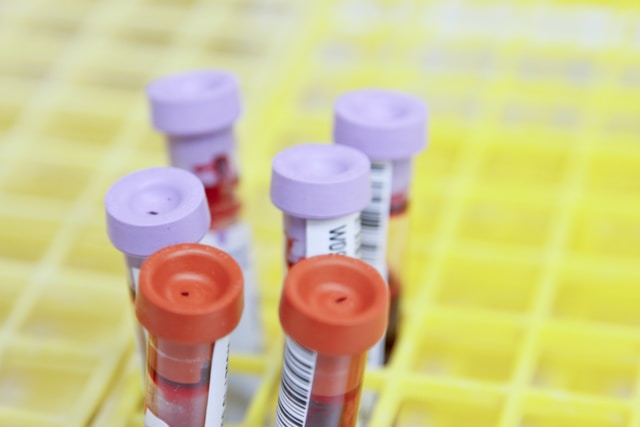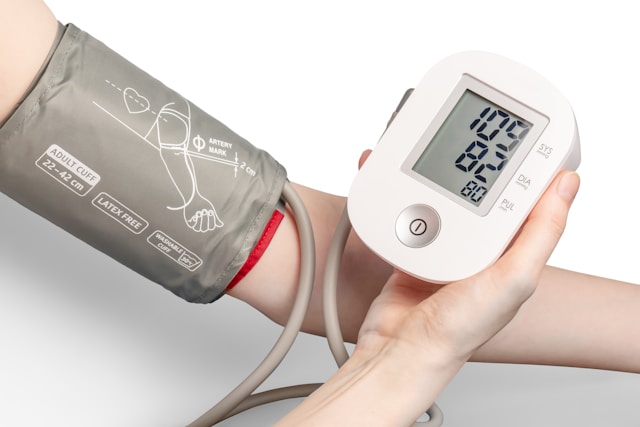Today, June 13, 2024, is World Albinism Day.
This year marks the tenth anniversary of International Albinism Awareness Day, and the theme is “10 Years of IAAD: A Decade of Collective Progress.”
The focus of this year’s theme is to celebrate the accomplishments made within the movement, renewing the commitment to its progress; draw attention to the tireless efforts of international albinism organisations; and consider the ongoing legal, policy, and practical adjustments that are still necessary to guarantee that people with albinism can enjoy their rights fully and equally.
What Is Albinism?
Albinism is a rare genetic condition that affects melanin production, leading to an absence of pigmentation on the skin, hair, and eyes.
The lack of melanin increases the risk of developing skin cancer.
What Causes Albinism?
Albinism occurs when a person inherits the gene from one or both parents.
Types of Albinism
- Oculocutaneous Albinism (OCA): The most common type affects the skin, hair and eyes.
- Ocular Albinism (OA): a rare type that mainly affects the eyes
Symptoms Of Albinism
- Eyes: blue eyes or iris appearing pink or reddish, crossed eyes, sensitivity to light, short-sightedness and long-sightedness.
- Skin: It can appear cream, pale white, or pink.
- Hair: including eyelashes and eyebrows, can appear white, yellow or reddish.
Prevention Of Albinism
Suppose there is a history of albinism in your family. In that case, it is important to speak to a genetic counsellor to know how likely you are to have kids with albinism and to learn the available tests to carry out.
Treatment Of Albinism
There is no cure for albinism.
However, there are protective measures to manage symptoms and health-related conditions.
- Surgery or glasses can prevent eye impairment.
- Sunscreen and long clothing are used to protect the skin when outside.
- Medications to improve vision and boost the pigments in hair and skin.
- Regular checkup of the eyes and skin.
Common Myths And Misconceptions About Albinism
There are many misconceptions and myths surrounding albinism. Common ones include:
1. Myth: Albinism is a curse or a punishment.
Fact: Albinism is not a supernatural phenomenon but a genetic condition.
2. Myth: People with albinism are blind.
Fact: Although vision problems are typical, many individuals with albinism have good vision, and some even have normal vision.
3. Myth: People with albinism are mentally challenged.
Fact: Intelligence is not affected by albinism; individuals with albinism have the same cognitive abilities as anyone else.
4. Myth: People with albinism are all the same.
Fact: Individuals with albinism are unique, like everyone else, and have different personalities, interests, and experiences.
5. Myth: People with albinism can’t go outside.
Fact: Sun protection is important; however, with the right gear (sunscreen, hats, sunglasses), people with albinism can participate in outdoor activities.
6. Myth: There is no treatment for albinism.
Fact: Although there is no cure, related health conditions can be managed with contacts, glasses, and surgery [if necessary].
7. Myth: People with albinism are not attractive.
Fact: Beauty comes in all forms, and individuals with albinism are just as beautiful and unique as anyone else.
It’s important to dispel these misconceptions and treat individuals with albinism with respect, understanding, and inclusivity.
In conclusion, some of the challenges people with albinism face include the risk of skin cancer, permanent impairment and discrimination.
They can live healthy and productive lives with proper knowledge, care, and protection.
Happy World Albinism Day!
References
Martins, K. (2023, September 18). Albinism. WebMD. https://www.webmd.com/skin-problems-and-treatments/what-is-albinism
Mirilla, D. D. (2024, June 13). 7 common myths about people living with albinism. Pulse Nigeria. https://www.pulse.ng/lifestyle/7-common-myths-about-people-living-with-albinism/1bpv79f
United Nations. (n.d.). International Albinism Awareness Day | United Nations. https://www.un.org/en/observances/albinism-day
Website, N. (2023, October 2). Albinism. nhs.uk. https://www.nhs.uk/conditions/albinism/#:~:text=People%20with%20albinism%20have%20a,much%20melanin%20their%20body%20produces
Mirilla, D. D. (2024, June 13). 7 common myths about people living with albinism. Pulse Nigeria. https://www.pulse.ng/lifestyle/7-common-myths-about-people-living-with-albinism/1bpv79f





Drop Your Comment